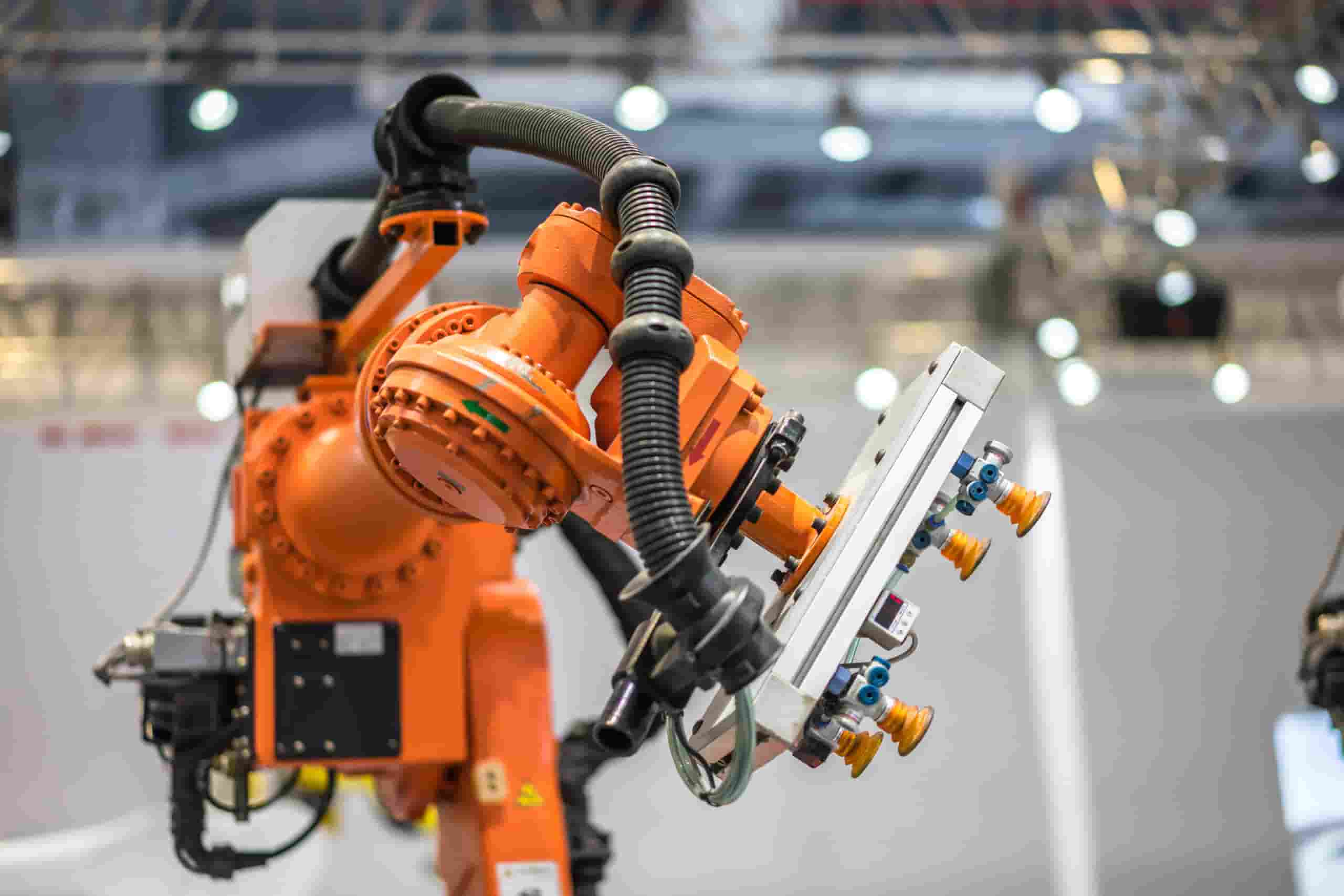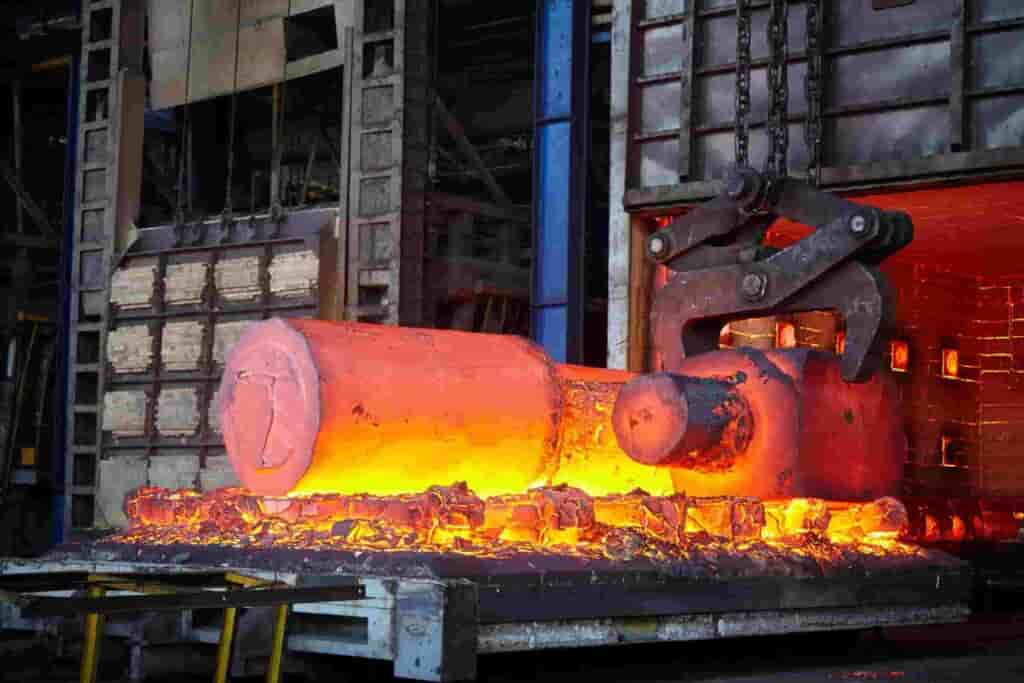Problem Statement
The casting and forging industries in the U.S. are critical to the defense supply chain, but are plagued with significant issues, including personnel safety concerns, material availability, and cost. Robotics and automation are well-suited for overcoming these challenges, however, a strategic roadmap is needed to identify needs and opportunities in order to prioritize investments and overcome these challenges.
Today, most casting and forging processes are completed with a high-degree of manual work by human operators in unsafe conditions. Additionally, firms have extreme difficulty finding workers who are interested and qualified to complete this work. This leads to a two-pronged issue of not having enough workers to fulfill demand and placing the qualified workers who are in these roles in unsafe conditions.
The use of robotics and automation in casting and forging represents a major opportunity to make this work safer, augment workforce gaps, make outputs/components more consistent, and have the resources needed to meet demand. Additionally, with casting and forging processes used in diverse markets, including aerospace, automotive, railroads, and others, robotic forging advancements would have wide impact.
Approach & Work Completed to Date
The ARM Institute is taking a key step in the creation of a Robotics for Casting & Forging Roadmap through a series of workshops that are designed to gain input from the casting and forging industries, robotics experts, and Department of Defense stakeholders. The resulting roadmap will define the advancements needed in robotics, automation, and workforce development to strengthen casting and forging in the U.S., prioritize these advancements, and identify high-impact near-term and intermediate-term solutions.
To date, the ARM Institute has worked with industry experts to identify top industry pain points and ways robotics and automation can address these challenges. From this exploration, several key focus areas have emerged, including:
- Handling
- Process Automation & Monitoring
- Inspection
- Maintenance & Durability
Provide Your Input
This is an ongoing effort and a strategic focus area for the ARM Institute. If you have expertise or are involved in the casting and forging industries, we encourage you to contact us by:
- ARM Members who are interested in becoming involved should email Cara Cranston, Director of Technology Programs, at [email protected]. Include a brief summary of your background and experience in this area.
- Organizations that are not currently members, but interested in getting involved, should email [email protected].
Join our mailing list
ABOUT THE ARM INSTITUTE
The ARM (Advanced Robotics for Manufacturing) Institute is a Manufacturing Innovation Institute (MII) funded by the Office of the Secretary of Defense under Agreement Number W911NF-17-3-0004 and is part of the Manufacturing USA® network. The ARM Institute leverages a unique, robust, and diverse ecosystem of over 400 consortium members and partners across industry, academia, and government to make robotics, autonomy, and artificial intelligence more accessible to U.S. manufacturers large and small, train and empower the manufacturing workforce, strengthen our economy and global competitiveness, and elevate national security and resilience. Based in Pittsburgh, PA since 2017, with a regional office in St. Petersburg, FL, the ARM Institute is leading the way to a future where people and robots work together to respond to our nation’s greatest challenges and to produce the world’s most desired products. For more information, visit www.arminstitute.org and follow the ARM Institute on LinkedIn and X(Twitter).

